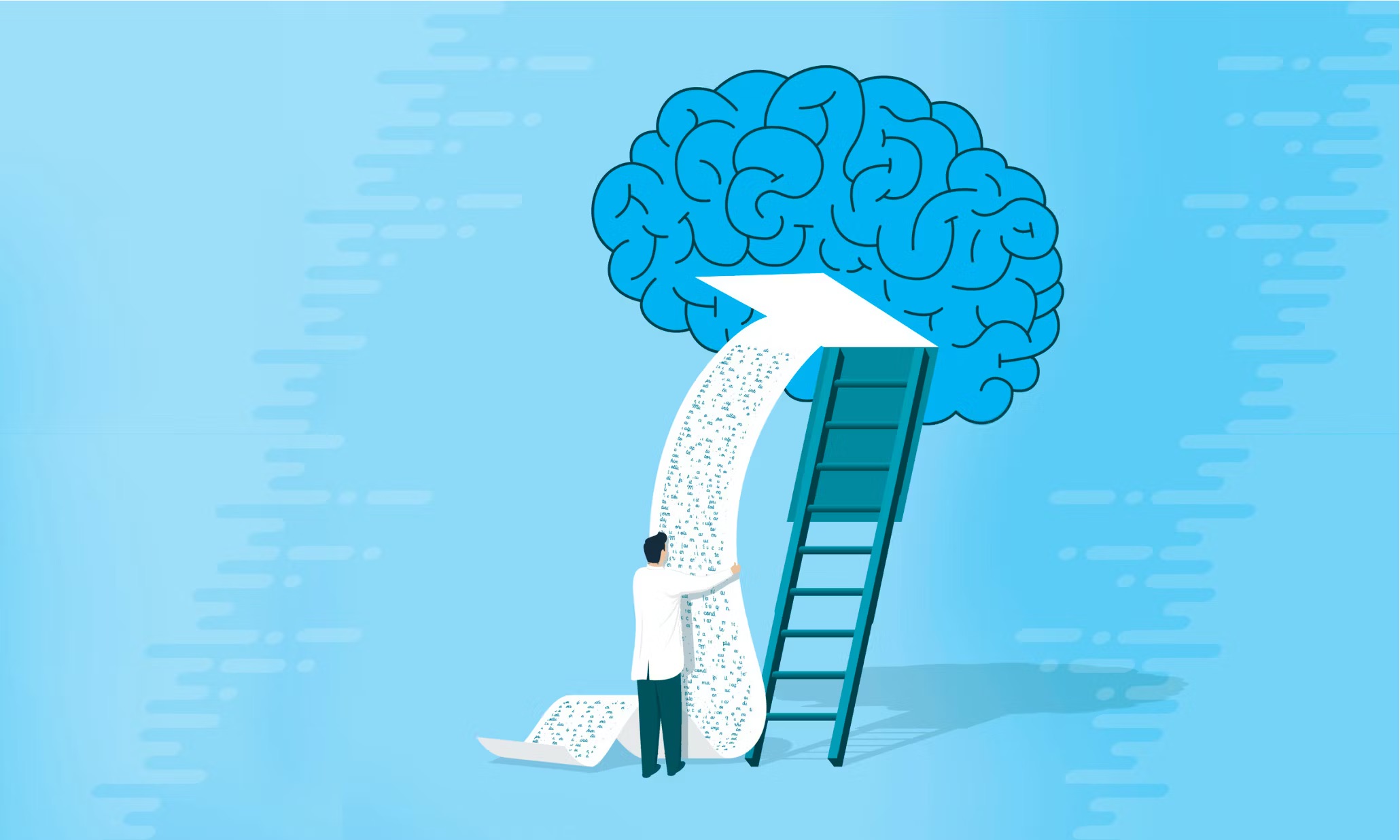- Published on
Memory Part 3

Table of Contents
- Encoding Specificity
- Overriding Encoding Specificity
- Why does Encoding Specificity Work?
- Encoding Strategies
- Memory & The Hippocampus
- Event Encoding
Encoding Specificity
- The conditions of our environment also serve as retrieval cues, including the physical location, our psychological state, and our mental state.
- The encoding specificity principle states that the more similar the retrieval situation is to the encoding situation, the better the retrieval.
- Overlap of what is occurring at encoding and what is happening at retrieval is what allows for really good memory.
- Scuba Diving Study: Divers would study a list of words on land or underwater, and the scuba divers would recall the words better if they retrieved at the location they encoded it in.
- Context Dependent Recall: Recall is better if you are in the same state as when the information is encoded (noisy environment).
- State Dependent Recall: Recall is better if you are in the same state as when the information is encoded (alcohol).
- What is important to understand about this is if the encoding context and recall do not match, you will perform worse rather than being at the same level with a null context.
Overriding Encoding Specificity
- Using mental imagery can be sufficient to trigger context reinstatement.
- Subjects learn the words in a distinct room, and if you imagine yourself where you encoded the information, it was almost as good as being in the area where you encoded the information.
Why does Encoding Specificity Work?
- Spreading Activation: The process through which activation travels from one node to another, via the associative links (think about a song, then remember a party, then remember a person at the party).
- Basically, context allows you to recall more things because you have more stimuli that make you think about something that is a little difficult to encode/recall.
- Spreading activation is important for semantic memory retrieval, for example in lexical decision tasks, when you have two related words that are semantically primed, you are more likely to recall the second word due to spreading activation.
Encoding Strategies
- Spaced Encoding: When you keep time between when you are learning and encoding information.
- Mass Encoding: When you encode all of your information at the same time.
- When testing spaced and massed encoding, people who use spaced encoding generally perform better.
Memory & The Hippocampus
Event Encoding
- When you are encoding an event that you are looking at, the information travels to a few places, starting with your eye, down v1, then to the dorsal and the ventral paths in the brain.
- The hippocampus can replicate this process and reconstruct the cortical associations and the activation state that occurs when the learning took place.
- At some point, the hippocampus will consolidate these memories to the neocortex, but this process takes some time.
- Authors

- Name
- Apurva Shah
- Website
- apurvashah.org